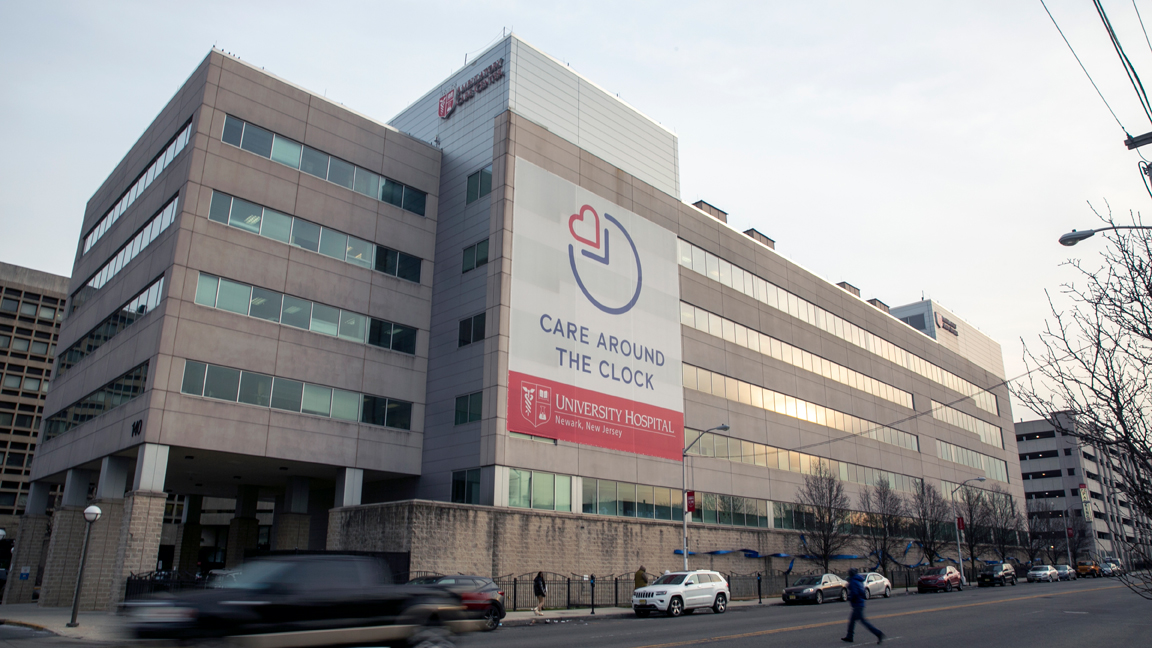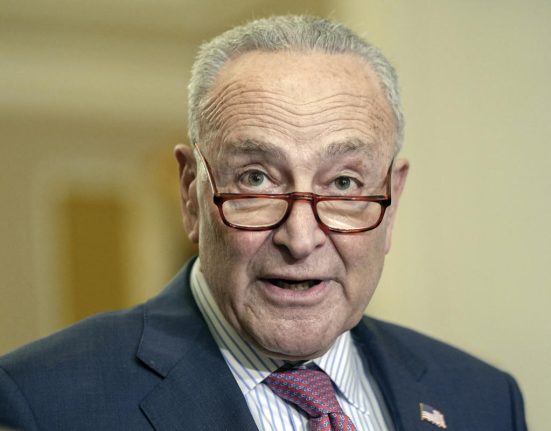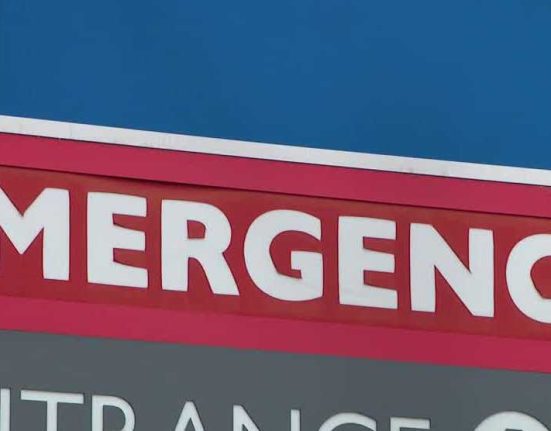The Murphy administration is looking to revise how it funds New Jersey hospitals by shifting the flow of state money to leverage greater federal investment, a move it says will generate at least $300 million more at no extra cost to state taxpayers.
Most of the state’s 72 acute care hospitals are predicted to see significant funding increases as a result — as much as $19 million in one case — and all multi-hospital systems would see a benefit overall, according to a state analysis. But a few individual hospitals would see little or no increase and one, Trinitas Regional Medical Center, an RWJBarnabas Health hospital in Elizabeth, is slated to get $18 million less than it now receives, the analysis shows.
New Jersey lawmakers, and their nonpartisan staff, have raised questions about the reforms, which are included in the $56 billion proposed state budget the Legislature is considering before the July 1 deadline for a balanced budget. The plan Gov. Phil Murphy introduced in February calls for nearly $650 million to help acute care facilities offset the cost of treating uninsured and low-income patients and train new doctors.
More details are likely to emerge Wednesday, when officials from the state Department of Human Services are slated to appear before the Assembly Budget Committee for their first hearing in this budget cycle. The department oversees Medicaid, the state- and federally funded health insurance program that officials aim to use as a mechanism to increase federal funding for hospitals.
Few details
Leaders at the Department of Health, which distributes the hospital funding, have offered few details so far and deferred most questions to Human Services. The goal is to increase the money available for health care delivery — particularly in underserved communities, state officials said, adding that the changes will likely have no noticeable impact on patients immediately. State law requires all hospitals to treat patients regardless of their ability to pay.
“This change increases total funding to hospitals by maximizing federal matching funds without the need for additional state appropriations,” Health Commissioner Dr. Kaitlan Baston told the Senate Budget and Appropriations Committee in early April, noting that details of the plan are subject to federal approval. “But this model will provide more subsidies to hospitals overall, supporting the requirement that care is provided to patients regardless of their ability to pay.”
The new approach ‘generates a better return on investment, resulting in more federal Medicaid matching funds for New Jersey hospitals.’ — Suzanne Ianni, Hospital Alliance of New Jersey
The proposed shift involves charity care, a decades-old program the state uses to help hospitals cover the cost of treating uninsured patients, and Medicaid, which provides health insurance to more than 2 million low-income residents. Both are funded by a mix of state and federal dollars. New Jersey taxpayers are responsible for 50% of the charity care tab but only around 33% of Medicaid bills. One in 10 adults in New Jersey lacked health insurance in 2021, according to a report from the nonprofit Commonwealth Fund, with rates ranging from 5% for white people to 25% for Hispanic residents.
To take advantage of the funding formula, the Murphy administration is proposing to shift nearly $205 million from the charity care program to Medicaid, according to budget documents, which show charity care would drop to $137 million next fiscal year from nearly $342 million this fiscal year. Human Services now plans to create a new “supplemental state-directed” payment to increase Medicaid reimbursements for certain outpatient services. These revised rates would attract a richer federal match than possible through charity care, resulting in nearly $511 million that could be distributed to hospitals with large numbers of low-income patients.
Who’s for it?
Among the advocates for these reforms is the Hospital Alliance of New Jersey, a large coalition of safety-net and teaching hospitals, which has urged the state to explore new ways to use the Medicaid program.
“While Charity Care has served as a lifeline to hospitals for decades in recognition of the costs of serving low-income populations, the time is now for our state to pivot and invest in a Medicaid program that stretches our state investment further, resulting in significant new federal support to serve New Jersey’s vulnerable populations,” Suzanne Ianni, president of the Hospital Alliance, told lawmakers in budget testimony. The new approach is “far superior” to the current reliance on charity care, she said, “as it generates a better return on investment, resulting in more federal Medicaid matching funds for New Jersey hospitals.”
New Jersey’s large hospital systems could see significant gains under the proposed changes.
The state has used a similar method with the “county option” hospital fee program it adopted in 2018. That enabled acute care facilities in participating counties to raise money that can be used to generate a federal match through Medicaid, resulting in additional dollars for programs to benefit low-income patients. The program has since expanded from five to a dozen counties, and it generates hundreds of millions in new revenue. The Hospital Alliance is also urging the state to expand this program further.
While Murphy’s budget proposal for fiscal year 2025 reduces charity care, it provides the same level of graduate medical education — $218 million — that was distributed this fiscal year among the state’s 43 teaching hospitals. In addition, it increases to $34 million a supplemental graduate medical education fund targeted to teaching hospitals in the poorest communities, up from $24 million now.
Other elements
Murphy’s plan also calls for maintaining $211 million in funding for a program that incentivizes quality improvements at hospitals with large numbers of poor patients. It also includes more than $170 million for University Hospital in Newark, the state’s primary public acute-care hospital, half of which is for graduate education in trauma services, one of the hospital’s specialties. Another $25 million is proposed to support psychiatric hospitals, the same as in past years.
 Credit: (AP Photo/Ted Shaffrey)
Credit: (AP Photo/Ted Shaffrey)While the proposed” changes to the charity care allocations — and the influx of new Medicaid money — appear to benefit almost all acute care hospitals, New Jersey’s large hospital systems could see significant gains, the state analysis suggests. Virtua, with four hospitals in South Jersey, stands to collect nearly $20 million more under the reform, while Inspira Health Network, which also runs four hospitals in that area, could receive an extra $24 million. Hackensack Meridian Health, with 11 hospitals, is slated to gain $33 million through the change, which could provide nearly $54 million more for the dozen facilities in the RWJBarnabas system, with $19 million more expected for the network’s urban flagship, Newark Beth Israel Medical Center.
Eleven of the 12 of the independent hospitals would see funding increase as well under the proposal, the state’s list shows, although Penn Medicine’s Princeton Medical Center would lose more than $300,000. Cooper University Medical Center in Camden could receive close to $16 million more, for a total of $36 million in state support. Holy Name Medical Center in Teaneck stands to gain nearly $5 million under the new formula while East Orange Hospital could collect an extra $2.5 million.





